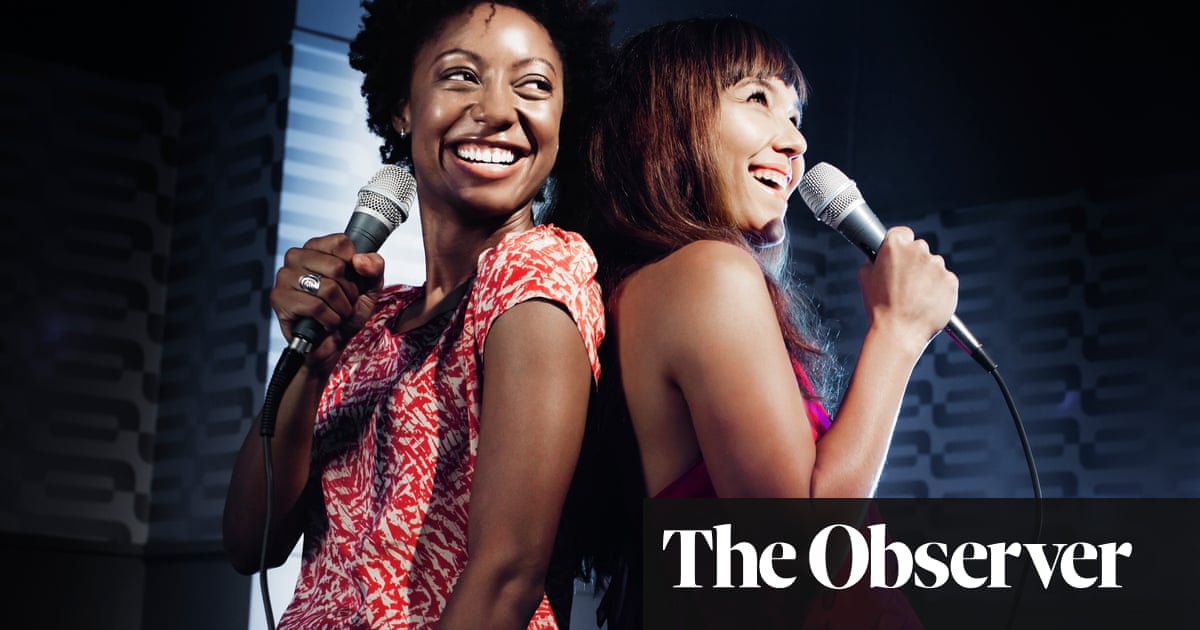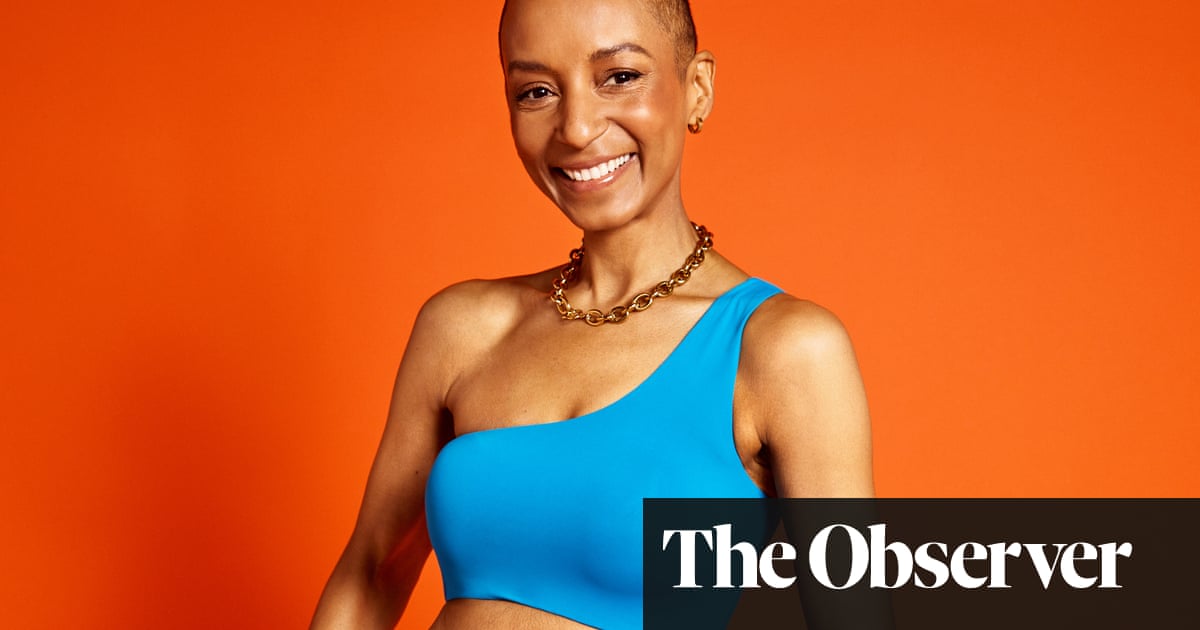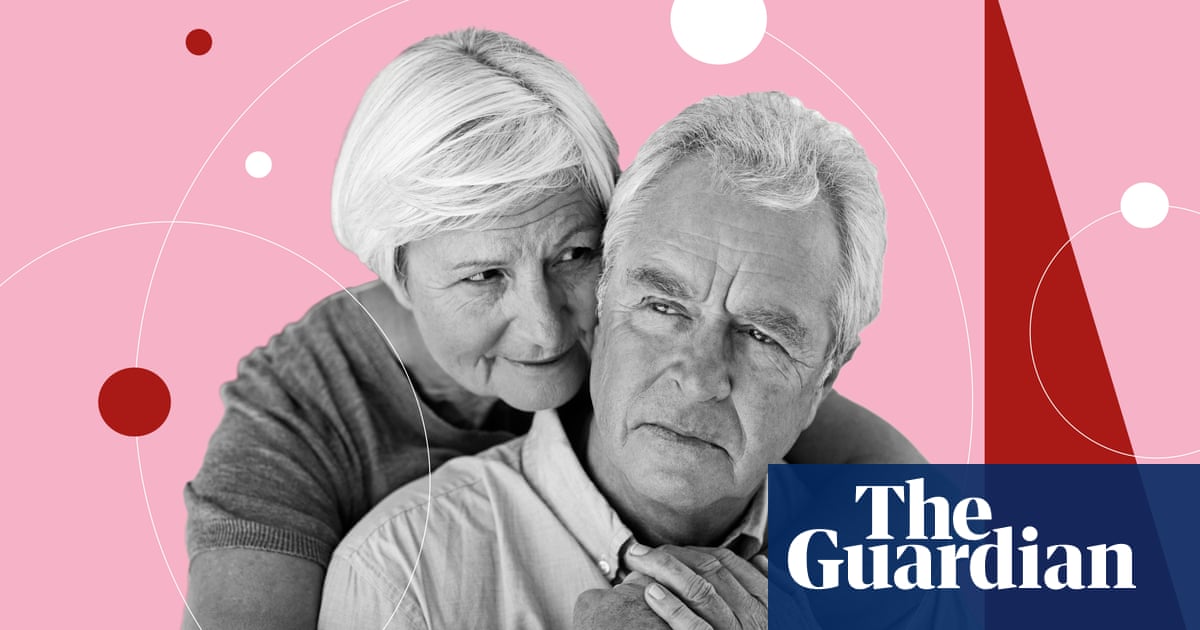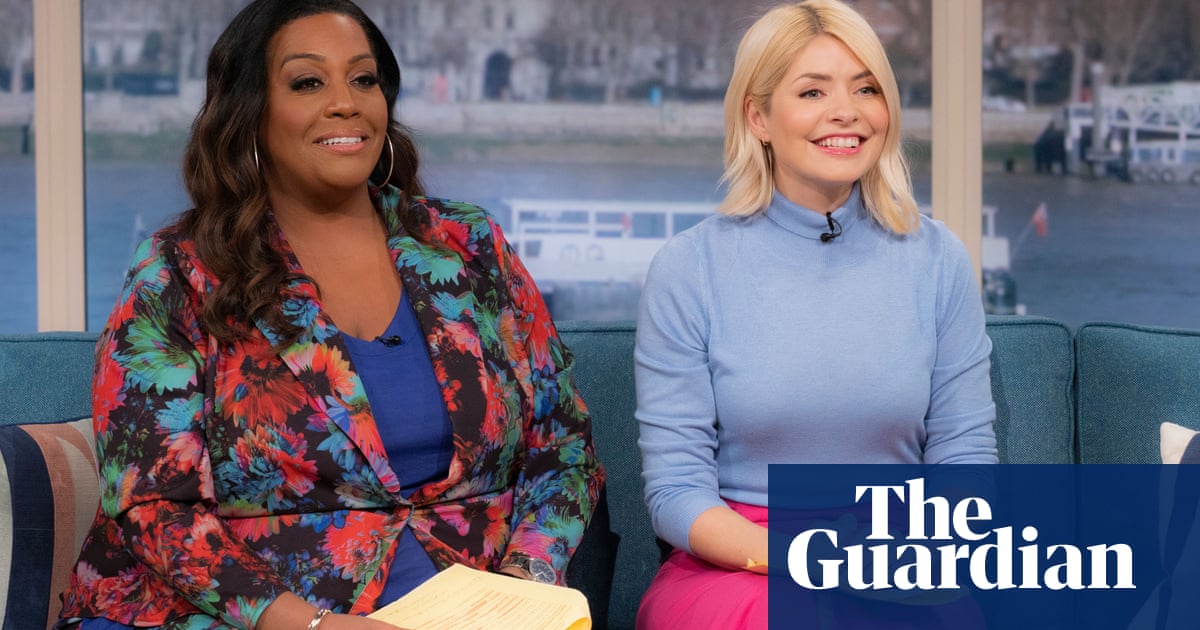
I hardly recognise the man in front of me. He staggers on one leg, his eye twitches, his stomach stretches past his waist.
“I got some fry bread for us,” he grins, his toothless smile reminding me he is getting old and so am I.”
“The fullas down the road make it. Almost tastes like my mum’s fry bread. Here, you want some?” He rustles open the paper bag and pile slabs of butter on top of the bread.
“Dad, you shouldn’t be eating that.”
“Gee, don’t worry about it. Who else you know is 60 and wakes up at 4:30 every morning to go to work every day? I’ve outlived most of my siblings, I’ve outlived my mum and dad.”
He says it with pride, like reaching the age of 60 is a massive achievement. Because it is. The health system has been failing Māori since colonisation. For non-Maori, it’s an expectation to live to your nineties at least. Not for us.
I’m not ready to lose you yet, I want to say. But some words are hard to say in the moment.
“Nothing wrong with me,” he assures me, as if reading my mind. He takes a bite of his fry bread. “Mmm, yum. Almost as good as my mum’s.”
I have a memory of my dad that comes into my mind sometimes.
Aunty Hana is dead. My cousin is slouched over the side of the coffin, her tangled hair covering half her face. I try not to stare but I can’t help it. She’s quivering into the casket. I imagine my own dad lying dead in front of me.
“Why you crying?” Dad whispers. “Auntys happy, look? Can’t you see her smiling? She gets to see her mum and dad. Bet you they all having a big party up there, probably drunk by now.”
Dad crouches down by the casket, closes his eyes and mumbles something under his breath. He leans in, kisses Aunty Hana. He looks at me as if to say your turn. I chew my thumbnail and wish mum were here. She would let me disappear into her long flowy orange skirt. No one would even notice me.
“Come on bub, don’t be scared. That’s your Aunty.”
I lean in, putting my lips against her cheek. It feels like I am kissing something really cold and not my Aunty. I wipe my mouth and cry some more. One day I will be in my cousin’s place. One day I will lose my father.
***
Is it possible to mourn for someone you never met? My nana Teiririangi Joseph died at the age of 58-years-old, before I was born. She collapsed on the floor of her kitchen by herself, leaving behind my Poppa (who died four years later) and her eight children. Just like that, the matriarch of the family was gone.
Dad found a scribbled note on the door telling him his mum died. There were no phones back then, he said.
Dad was only 25 years old. He drove in silence to his parents’ home, walked to the window of his mum’s room and sat down. “Why did you leave me mum?” He cried and cried and then he stood up, dusted off his tears and got on with it.
I wish I could hear te reo Māori spoken fluently from my nana’s tongue then maybe it wouldn’t feel so foreign when it comes out of my own mouth. I wish I could listen to stories only my nana could know, history from her own personal experiences that opposed the false narrative I learnt in schools and from the world. Heck, even a passed-down rewena bread recipe would be nice so my dad can stop pestering me to make something I’m supposed to know how to make. I envy those who have grandmothers to visit. I’m angry when I see elderly people in darkened rooms of a rest home.
At the start of April, during level three lockdown, Jacinda Ardern urged New Zealanders over the age of 70 to stay at home. Her words had no significance to my whānau and me. She might as well have been speaking another language.
My father is barely 60. His older sister and brother are not yet 70. What category do they fall under? Māori are excluded from the narrative and yet again we are expected to come to our own conclusions.
Raukura Hauori, a Māori and health provider, gave me answers the government could not. Its chief executive, Terina Moke, advised Māori in the 50s and 60s bracket to take “over-70s” precautions. If you’re in your 50s and 60s, act like you’re 70, she said.
So basically, add 20 years to our age and then we’re on equal par to Pakeha.
***
I moved back to Auckland at the end of last year, before coronavirus was even a thing. My dad had just turned 60 and was living alone. I knew that I had to find a house for us; skeletons of elderly in rest homes haunted me. I could lose my dad any day now. Statistics don’t lie. History doesn’t lie.
Living with my father was strange at first. My parents divorced when I was a baby so I don’t remember living with him. Friends are buying houses or saving money to put on a house deposit. I am back living with my dad.
According to western and Pakeha standards, I’m going backwards.
It is a western concept to feel shame for living with your whānau over the age of 18. We need to unlearn these types of shame that are thrust upon us, otherwise we end up missing out. We surrender ourselves and our identity to a foreign notion that does not and has never belonged in the Māori world.
Sometimes dad will stand by the window and give me an unwanted commentary on what the neighbours are up to.
“I don’t think next door are keeping their bubble,” he whispers, as if the neighbours can hear him. “Just saw a big van pull up. Never seen those fullas before.”
“Dad, don’t be nosy.”
Now dad’s in hysterics, retelling a story of how nana used to peer out from behind the curtains (sounds familiar) and one time dad snuck up behind her, drew the curtains back and yelled out at the neighbours. He ducked down and they caught poor nana having a big old gawk.
Living with my father means my nana’s identity is more than just a name on a headstone at our urupa.
Lockdown has granted me the blessing of getting to know both my father and my grandmother. It was almost like she was living with us too. The walls of our house shake with laughter even when the outside world tells us there’s not much to be happy about. My grandmother Teirirangi Joseph’s spirit lives and it lives on through my father. But still, it is not enough.
Covid-19 has exposed health inequities Māori always knew were there, another example of a system that disadvantages us. Māori have the worst health status of any ethnic group in New Zealand. There have been multiple studies done, the data, statistics and findings are available for the public on the ministry of health website. For example, Māori rates of mortality of all types of cancer are twice of non-Māori. The total cardiovascular disease mortality is more than two and a half times higher for Māori than non-Māori. Māori aged over 35 are twice as likely to die from heart failure as non-Māori. Māori adults with diabetes are more than five times as likely to suffer renal failure. I could go on and on.
We already know all of this. We are not the ones that need to be told. It is our living reality.
A hopeful future would be knowing my children will grow up in a world with their koro around. I want them to hear for themselves the way koro giggles, his laugh so contagious, he passed it down to all us kids.
Or how he closes your bedroom window before he goes to bed because it’s his way of keeping you safe. His favourite food is steak, egg and chips. He will eat your healthy vegan stir fry and say “that’s very nice, thank you”, but he is lying through his teeth because he knows this is your way of keeping him safe.
I want my kids to groan as they hear another one of koro’s “back in my day” stories and then crack up every time they video call himbecau se of the way he waves at the phone with amazement and shouts “can you see me?” over and over again.
Our whakapapa is our identity, something that society constantly tries to take away from us. Māori are used to growing up with either one set of grandparents or none at all. All of our tamariki deserve the privilege of knowing their grandparents and not just knowing them through a concrete slab at the urupa. Our grandparents are our connection to our whakapapa, the link to our past. Without them, we are lost.












